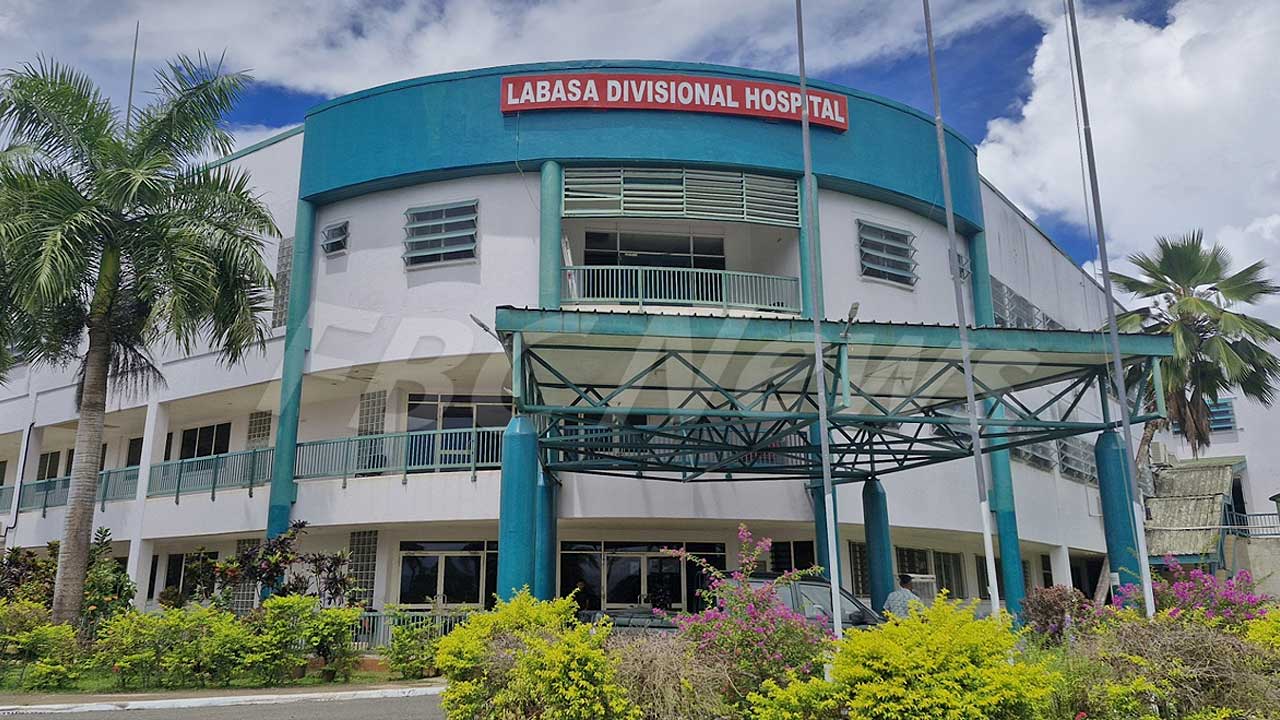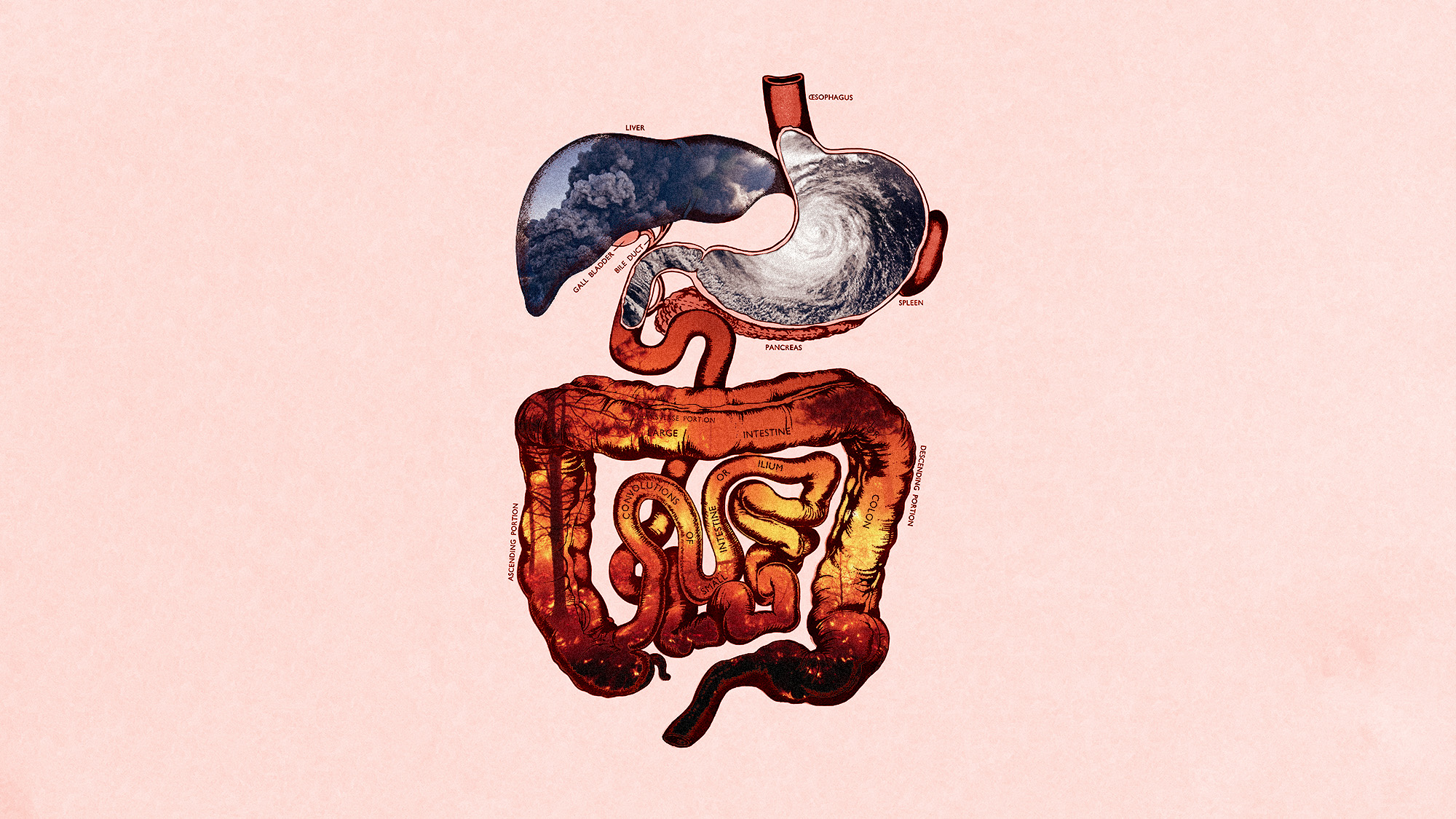Northern Hospitals Struggle with Broken Incinerators: Costly Repairs Threaten Medical Waste Disposal

Northern Hospitals Face Critical Medical Waste Disposal Crisis
Hospitals and healthcare facilities across Northern Fiji are grappling with a serious problem: nearly all clinical incinerators are out of service. This alarming situation, highlighted by Minister for Health and Medical Services, Dr. Atonio Lalabalavu, poses a significant risk to public health and environmental safety. The issue came to light following urgent calls for a new incinerator in Labasa, revealing a widespread problem affecting the entire Northern Division.
A Widespread Breakdown
Dr. Lalabalavu's statement confirmed that the majority of clinical incinerators at health facilities and subdivisions throughout the North are currently non-functional. These incinerators are crucial for safely disposing of medical waste, including infectious materials, sharps, and pharmaceutical waste. Their absence creates a breeding ground for disease and poses a serious threat to both healthcare workers and the wider community.
The Financial Burden of Replacement
The most significant hurdle in resolving this crisis is the prohibitive cost of replacing the broken incinerators. According to the Minister, the expense associated with acquiring and installing new, modern incinerators is substantial, placing a significant strain on the Ministry's budget. This financial constraint is preventing a swift and comprehensive solution to the problem.
Consequences and Concerns
The lack of functional incinerators has far-reaching consequences. Healthcare facilities are forced to explore alternative, often less efficient and potentially riskier, methods of waste disposal. This could include transporting waste over long distances to the few remaining operational incinerators, increasing transportation costs and environmental impact. Furthermore, the improper disposal of medical waste can lead to contamination of soil and water sources, potentially impacting public health.
Looking Ahead: Seeking Sustainable Solutions
The Ministry of Health and Medical Services is reportedly exploring various avenues to address this critical situation. This includes seeking external funding, investigating more cost-effective incinerator options, and potentially exploring alternative waste treatment technologies. Dr. Lalabalavu emphasized the importance of finding sustainable and long-term solutions to ensure the safe and responsible disposal of medical waste across the Northern Division.
Community Impact and Future Planning
The current situation underscores the need for proactive planning and investment in healthcare infrastructure. Regular maintenance and timely replacement of essential equipment, such as clinical incinerators, are crucial for maintaining a safe and functional healthcare system. The Ministry's efforts to address this crisis will be closely watched by the community, who rely on these facilities for their health and wellbeing. A prompt and effective resolution is essential to safeguard public health and protect the environment.





